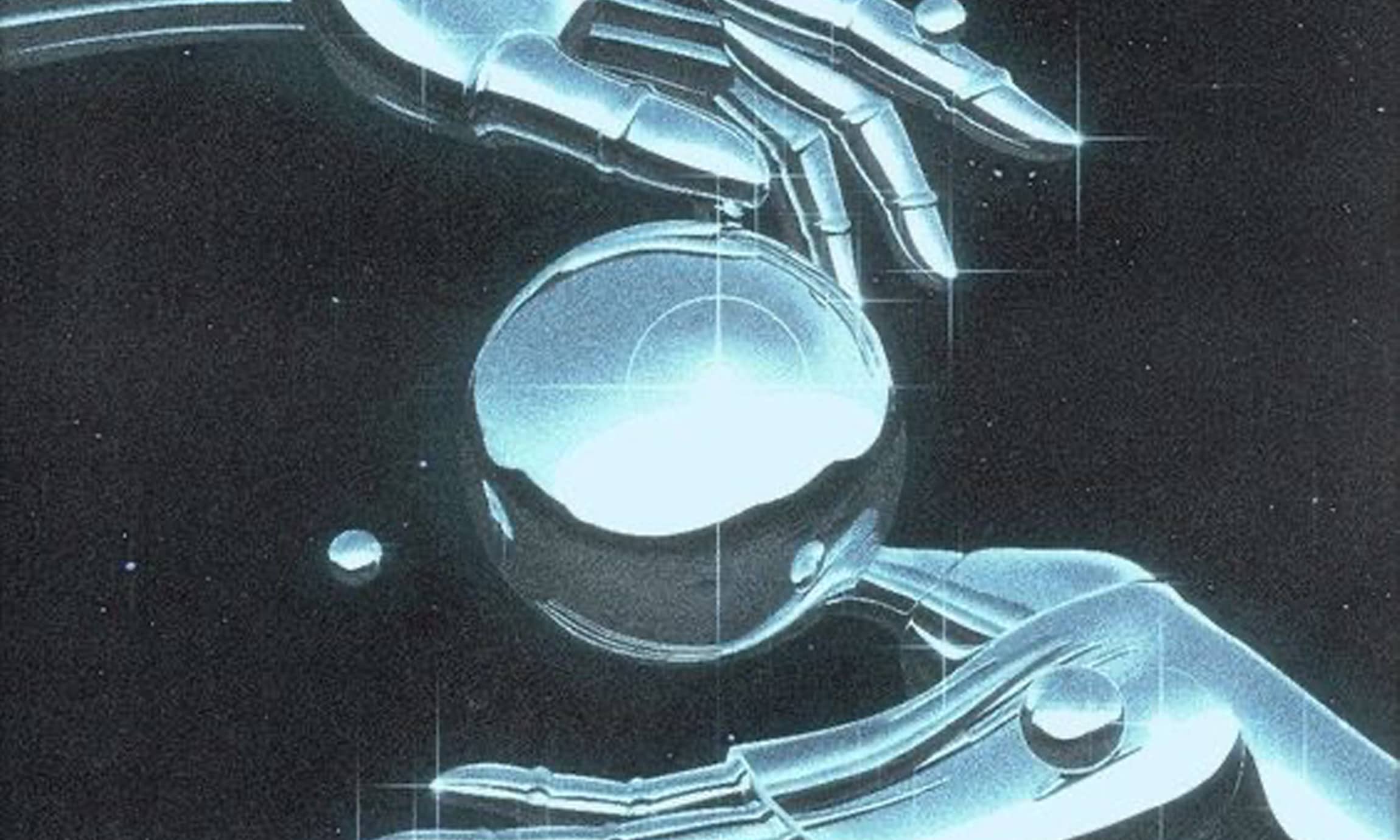
Retrospective on Disco and Gay Emancipation
The journey of gay liberation in the United States is a complex and evolving history that deeply intertwines with cultural shifts and political activism. Gay liberation gained significant momentum during the Cold War era's Lavender Scare. It motivated the formation of the homophile movement, which sought to combat discrimination and promote gay rights in response to the unjust targeting of homosexuals as threats to national security. The military ban on gay men during this period normalized discussions around sexuality, as all men were scrutinized for "homosexual tendencies".
The gay liberation movement was influenced by the political landscape of the 1960s and 1970s. Older members of the homophile movement advised caution and discretion. However, younger activists took a more radical approach, connecting gay liberation with broader social changes and antiwar movements.
At the same time, there was a surge in political activism, coinciding with the emergence of a lively nightlife scene that provided a platform for self-expression and visibility. The Stonewall Riots of 1969, sparked by a police raid on the Stonewall Inn, underscored the importance of these spaces for the LGBTQ+ community. Disco music found a home in gay clubs, allowing LGBTQ+ individuals to openly celebrate their identities without fear.
Disco music had a deep resonance within the gay community as it provided a lively soundtrack that reflected their longing for freedom and visibility. Unlike the themes often present in earlier gay anthems, disco was vibrant and joyful. It fostered a sense of community and inclusivity, with songs like Gloria Gaynor's "I Will Survive" or Village People’s YMCA becoming symbols of resilience and empowerment. These songs’ stories of overcoming adversity deeply resonated with marginalized groups, reinforcing messages of strength and defiance. Magazines like After Dark and Gaysweek chronicled the evolution of disco within the gay community. These publications helped shape the cultural memory and taste of the queer community, documenting the music that defined their nights out and their collective identity.
The disco scene, despite offering freedom, still faced conflicts. As disco music gained popularity, many spaces that were originally queer-friendly started to serve mostly heterosexual customers, displacing the LGBTQ+ community that had initially contributed to the disco culture. Racial discrimination was also a problem. Clubs often enforced dress codes and membership fees that aimed to exclude minorities revealing racial and socioeconomic hierarchies that reflected broader societal issues.
The visibility and celebration of gay culture through disco also attracted a significant conservative backlash. Disco's association with queer identity, sexuality, and marginalized communities made it a target for cultural conservatives who viewed it as a form of American moral decline. This backlash culminated in events like the infamous "Disco Demolition Night" in 1979.
Despite the challenges, the disco era remains a pivotal chapter in the history of gay liberation. It was a time when the Queer community could celebrate their identity openly, find joy in self-expression, and rally against oppression. The music and culture of disco continue to hold a special place in the hearts of many, symbolizing a period of profound transformation and enduring resilience.



































































